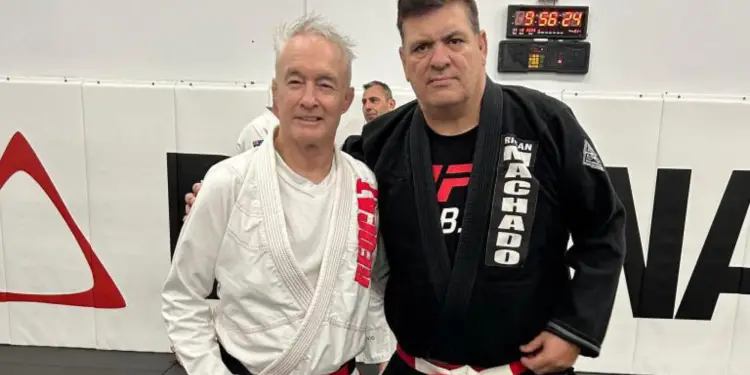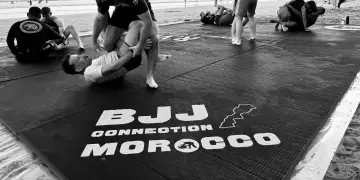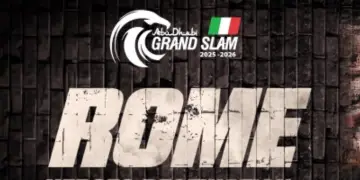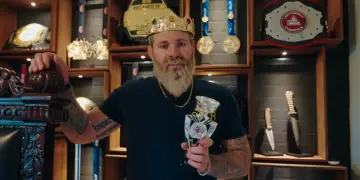BJJ pioneer John Will has just been promoted to the rank of coral belt, becoming the first Australian in the history of the sport to do so. It’s an incredible moment in the career of any Jiu- Jitsu competitor and coach, but Will is no stranger to making history. He is a lifelong martial artist and has been practicing a multitude of different styles right from the start, in an era when very few people were doing so. He has trained in Karate, Tae Kwon Do, and wrestling at various points in his life and even made history as a Silat practitioner before he discovered Jiu-Jitsu.
In 1982 he became the first non-Indonesian to win the World Silat Championship in Jakarta, immediately making a name for himself in the martial arts world. He later founded the popular Blitz magazine, travelling all around the world to interview elite martial artists and research a wide range of styles. It was around this time that he began dedicating his time to grappling and BJJ, becoming one of just a tiny handful of non-Brazilians training in the sport. He was eventually promoted to black belt in BJJ in late 90s; becoming a member of the ‘Dirty Dozen’, the first twelve non-Brazilians to ever reach the rank.
As the most experienced and accomplished Australian in the sport at the time, Will holds a very special place in that area of the world. Many of the sport’s biggest stars today like Craig Jones, Lachlan Giles, and Adele Fornarino can trace their lineage back to Will. In fact, most of those who are currently training in BJJ somewhere in Australia and New Zealand will have some connection to him through their instructors. It’s not an exaggeration to say that the landscape of professional grappling today would look significantly different if not for Will’s influence over the last few decades.
Now he finds himself among the incredibly small group of BJJ coral belts, all of whom have spent many thousands of hours on the mats over several decades. It’s one of the highest honors that any BJJ practitioner can receive and John Will was awarded his coral belt by Rigan Machado. It signifies all the hard work that has gone into perfecting one’s craft and becoming the best version of themselves that they possibly can. In Will’s case specifically, it’s a landmark moment for Australia too. It shows just how long the sport has been developing there, and there’s going to be a lot to look forward to in the future too.













